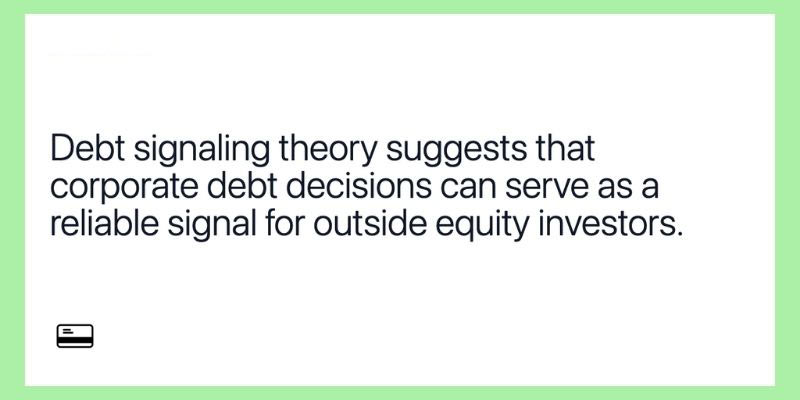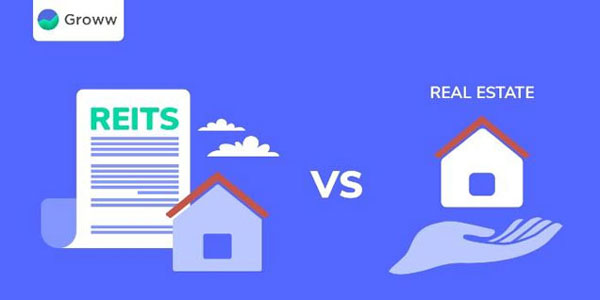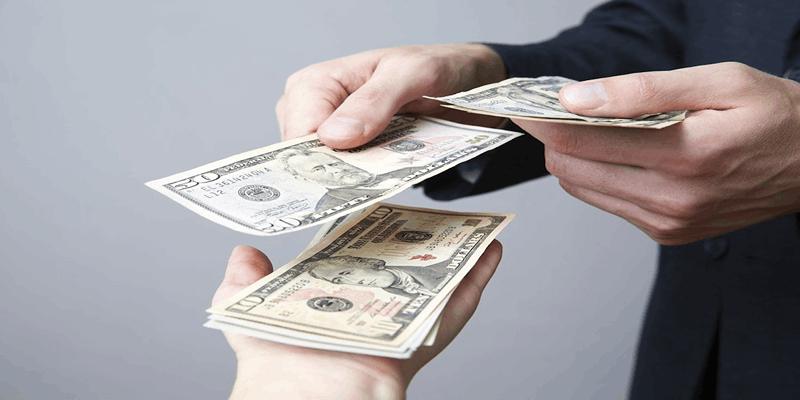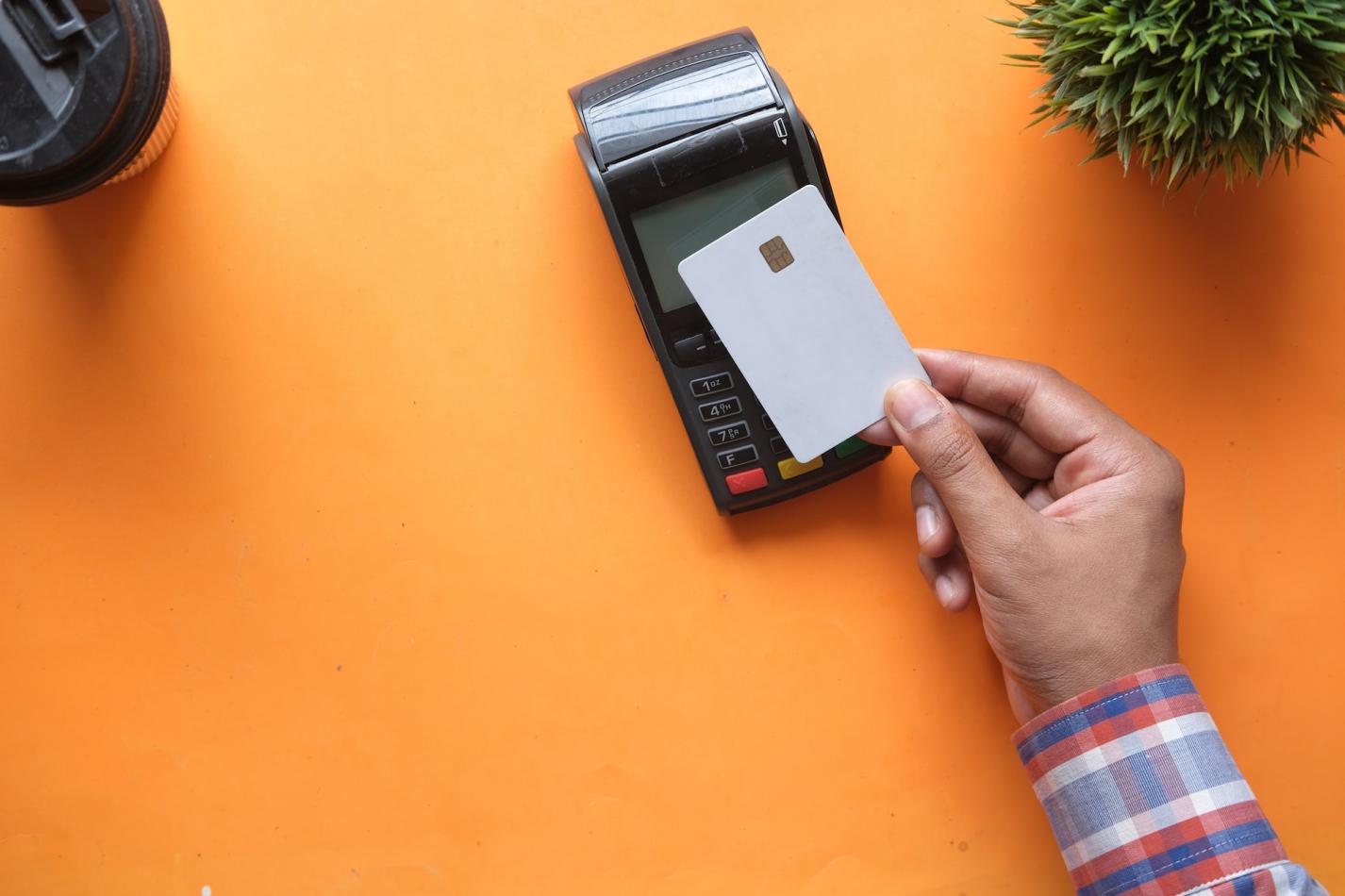What is a Like-Kind Exchange
Jan 23, 2025 By Rick Novak
A like-kind exchange, commonly called a 1031 exchange, refers to a transaction or a series of transactions that avoids the capital gains tax on the sale of a property under the US Tax Laws by replacing it with another similar item.
Until the enactment of tax laws in Dec 2017, the like-kind exchanges could have incorporated the exchange of one company for another—or a piece of a tangible asset, like a piece of art or large machinery. However, after 2017, like-kind exchanges apply only to exchanging a commercial or investment asset for another asset.
How Like-Kind Exchange Work
Investors must pay capital gains tax on their profit when they sell an investment property or commercial property for a profit. All capital gains are subject to either the long-term capital gains rate, which ranges from 10% to 20% for revenue earned on sales beyond one year from the original purchase date, or the short-term rate, which ranges from 10% to 37% for revenue earned on sales within one year.
However, IRC Section 1031 exempts investors from paying taxes on gains if they reinvest the profits from the disposal or sale of the assets in similar assets of greater or equal values as part of qualified like-kind exchanges.
Except for one's personal property, any real estate property is considered similar to others. Generally, any real estate held for investment purposes or use in a trade or business is included in a like-kind exchange.
Like-Kind Exchange Examples
A like-kind exchange is a good option for a businessman who wants to sell one property and invest in another. It is also ideal for a real estate investor who wants to sell one real estate and buy another similar one.
For example, Mr. James wants to sell his business property for $600,000 after purchasing it for $300,000 initially. A profit of $300,000 would result from this transaction, and it would be liable to tax. But if Mr. James performs a 1031 exchange, he can delay this tax by substituting a similar-type property for the one sold (with a duration of 45 days and 180 days).
Like-Kind Exchange Features
The replacement item or asset should be similar in type to qualify as a like-kind exchange. One asset or property might be similar to more than one asset, a crucial feature. According to IRS, investors must specify three properties as long as they can be clearly identified.
Strict timing regulations apply to delayed exchanges, i.e., the taxpayer should receive the substitute property within 180 days after the transaction of the item being given up.
Like-Kind Exchange Rules
There are seven main rules for using like-kind exchanges.
- The trade, or the assets or goods being purchased or sold, must be of similar type, that is, similar in both its character and nature.
- It only applies when a commercial or investment property is involved.
- The property purchased with the profits must be of equal or greater value.
- Any proceeds from the exchange will be liable to taxes for capital gains.
- The taxpayer should be the same. This means that the buyer of a replacement asset and the seller of the renounced asset must be the same.
- You must identify the asset within 45 days.
- You must buy the property within 180 days.
Types of Like-Kind Exchange
There are four different types of like-kind exchanges.
Simultaneous: This type of like-kind exchange is very simple. Qualified property is simultaneously exchanged for another, with the transactions closing on the same day.
Deferred: This type of transaction might be the most typical. The seller gets 45 days to choose the asset that will be used in return for the one they are selling. The seller would then have 180 days to finish the sale. It frequently uses an exchange option to prevent the deferred exchange from becoming taxable.
Reverse: A reverse-like-kind exchange occurs when the property that will serve as the replacement property is purchased, and the seller gets 180 days to dispose of the original property.
Improvement: During the 180 days that building or improvement is taking place, investors must place the acquired property with an intermediary under an improvement exchange.
Advantages and Disadvantages of Like-Kind Exchange
The tax treatment is the most obvious advantage of a like-kind transaction. With this exchange, investors can exchange property for one of a similar kind without resulting in a taxable event. Although the replacement property need not be an exact copy, it must belong to the same asset type.
The IRS does not cap the frequency of 1031 exchanges. Investors might subsequently seek consistently new attractive options. In addition, investors can reinvest using funds that might have been utilized for paying capital gains taxes.
However, a like-kind exchange has only transitory tax advantages. Deferred taxes are not canceled. Capital gains taxes would become due eventually. Also, the transactions will turn into taxable income if it doesn't happen within the allotted time frame or under IRS regulations.
Losses are passed over in the same manner as capital gains taxes. Losses on a like-kind exchange must be passed through.
The Bottom Line
For individuals who qualify, like-kind exchanges provide significant tax advantages. There are no time restrictions on the frequency of like-kind exchanges for taxpayers, and they can proceed to avoid capital gains tax indefinitely. The IRS establishes strict rules about what can be transacted and when. Although a like-kind exchange has advantages, taxpayers should be conscious that losses are avoided, and taxes cannot be eliminated.

Best Bloomberg Terminal Alternatives

Why Not Buy Before the Dividend and Then Sell?

4 Ways to Remove Your Name Off a Cosigned Loan

What Is Debt Signaling?

REITs vs Real Estate Investment Funds: How They Compare

How to Buy a Home With Good Resale Value

The Top 10 Features of the Best Budgeting Software on the Market

Avant Personal Loans Review

What Is a Covenant-Lite Loan?



